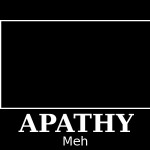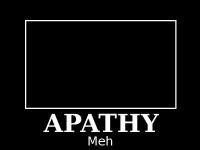 I got called a name today by another Christian. I did not especially like it. I was called an agnostic. I looked at him kind of weird when he said it, thinking he was joking. But he wasn’t. We have known each other for about two years, and though we agree on many basic doctrines of Christianity, we don’t agree on everything, and we definitely do not see eye to eye on some central Christian practices like baptism, the Lord’s Supper, and church attendance.
I got called a name today by another Christian. I did not especially like it. I was called an agnostic. I looked at him kind of weird when he said it, thinking he was joking. But he wasn’t. We have known each other for about two years, and though we agree on many basic doctrines of Christianity, we don’t agree on everything, and we definitely do not see eye to eye on some central Christian practices like baptism, the Lord’s Supper, and church attendance.
So today he called me an agnostic.
Given the context of our conversation, I was not sure he knew what the word meant, so I tried to get some clarification. “What do you mean?” I asked. “Agnostics do not know whether or not God exists. Atheists believe God does not exist. Agnostics are open to the idea, but unsure. I believe God exists, so I am not an agnostic.”
But he persisted. He countered that even though I believed God existed, he held several beliefs about the attributes and actions of God about which I was uncertain. Therefore, in his mind I was an agnostic.
It’s odd, isn’t it, when we use our own beliefs to determine the orthodoxy of someone else?
Anyway, it soon became evident that I would not be able to convince him that I was not an agnostic. All I could do was chuckle to myself and walk away. If he wanted to call me an agnostic simply because I didn’t believe the same things he did with the same certainty, let him.
Later on, I realized that for him, agnostic is probably equivalent to unbeliever. If so, I guess that would also make me a backslider, and possibly even a heretic. He is probably praying for me right now to “return to the fold.”
Do you ever notice how many names we Christians like to call people? Adulterers, heathens, pagans, unbelievers, unchurched, the list goes on and on. (I wrote a post about this a while back.) I wonder if they dislike it as much as I disliked being labeled an agnostic. Maybe they don’t care. Maybe they don’t know.
But one thing is for sure, labeling others in such ways affects how we view and interact with them. So I propose a label that everyone can except. Let s stop the name calling, and just call people what they are. Let’s call them “people.”















